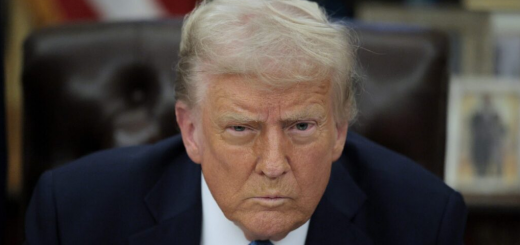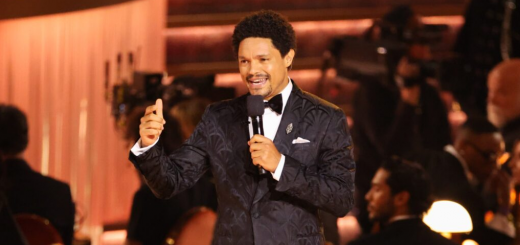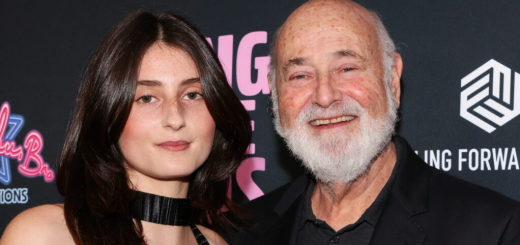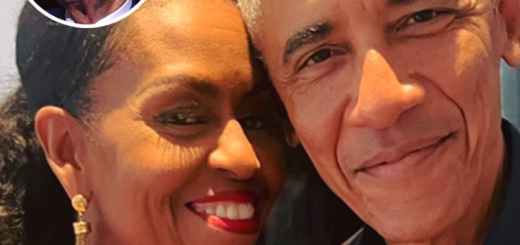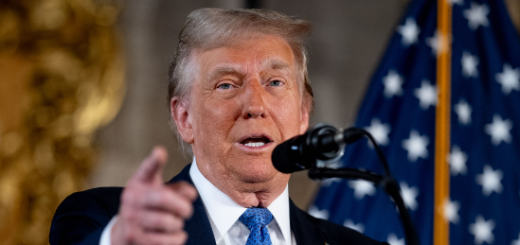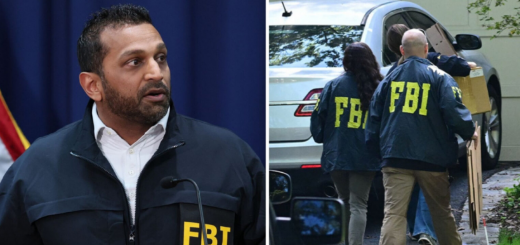Donald Trump Sends a Sharp Message to Jimmy Kimmel – And It Sparked a Much Bigger Conversation
What started as a typical late-night joke quickly turned into something far larger than anyone expected.
When Jimmy Kimmel made comments that happened to coincide with the upcoming release of documents related to the Jeffrey Epstein case, and with lawmakers introducing the Epstein Files Transparency Act — what should’ve been a brief comedic moment suddenly collided with national tension.
Former President Donald Trump fired back on Truth Social, criticizing Kimmel and calling ABC “fake.”
The exchange didn’t just revive an old feud, it highlighted how blurred the line between politics and entertainment has become, and how easily personal disputes can overshadow serious public issues.
Within days, the situation grew beyond a comedian and a former president.
Trump’s comments widened to include other late-night personalities, and interactions with ABC reporters, both in the Oval Office and aboard Air Force One, showed how sensitive the Epstein topic remains in the public eye.
It’s not only a scandal, but a symbol of long-standing mistrust and public frustration.
ABC responded firmly, framing Trump’s remarks as political theater, while Kimmel doubled down, using the controversy as new material.
But beneath the back-and-forth, something deeper surfaced: a culture where humor can feel like a weapon, public debate can resemble performance, and the space for thoughtful reflection shrinks under constant noise.
In the end, this episode was never just about a single joke.
It reflected the climate that amplifies jokes into conflicts, comments into controversies, and disagreements into national debates.
In a country increasingly divided, every remark becomes a spark — every platform a stage for rivalry.
What matters isn’t who “won” the exchange.
What matters is whether society can still recognize the difference between humor that informs — and humor that divides.
And behind all the headlines remains a quieter truth:
when political power and entertainment begin to mirror each other too closely, both risk losing sight of their purpose — to seek truth, not to feed ego.

